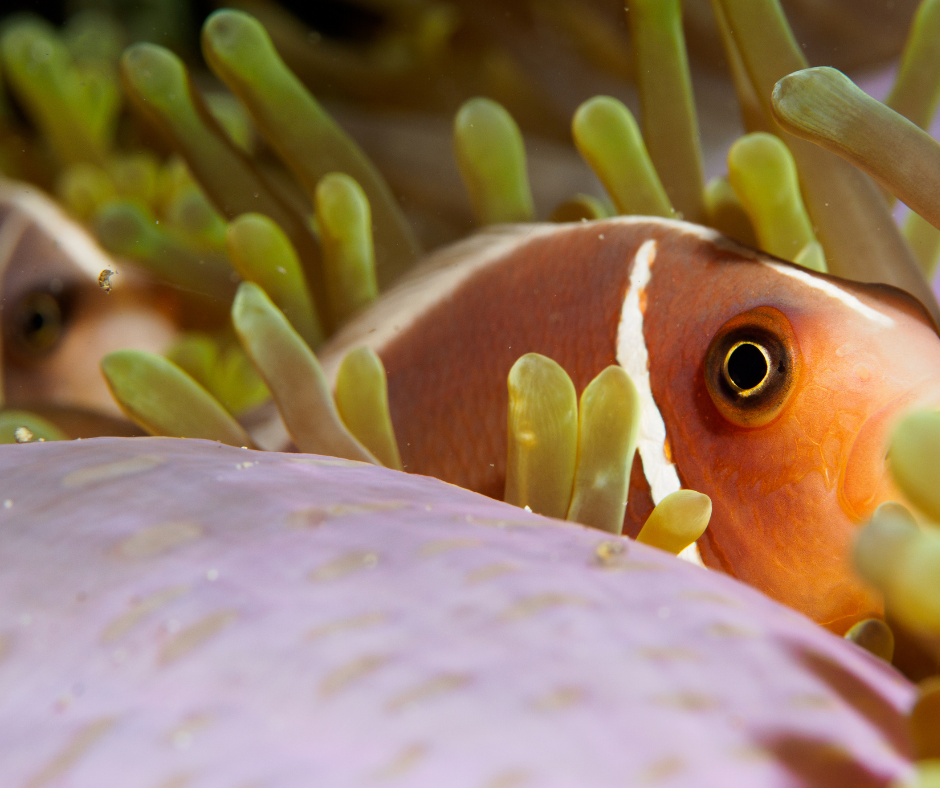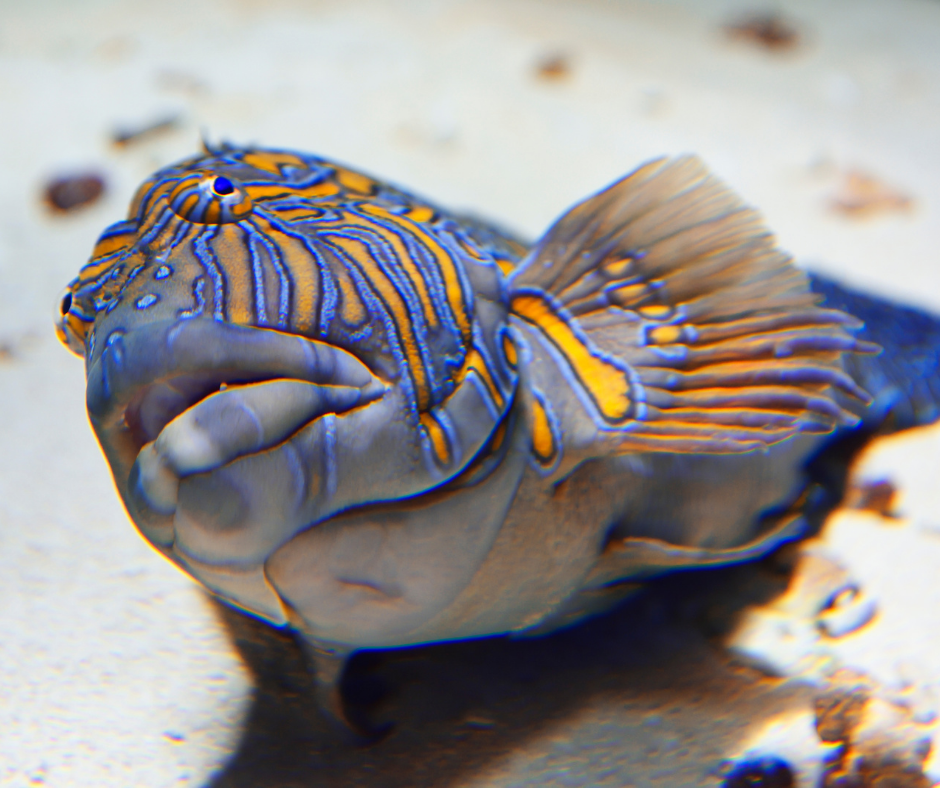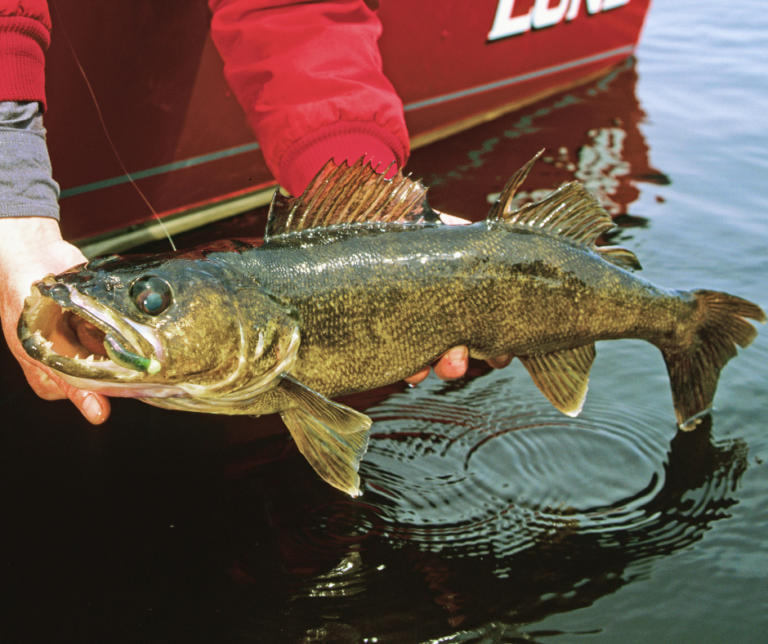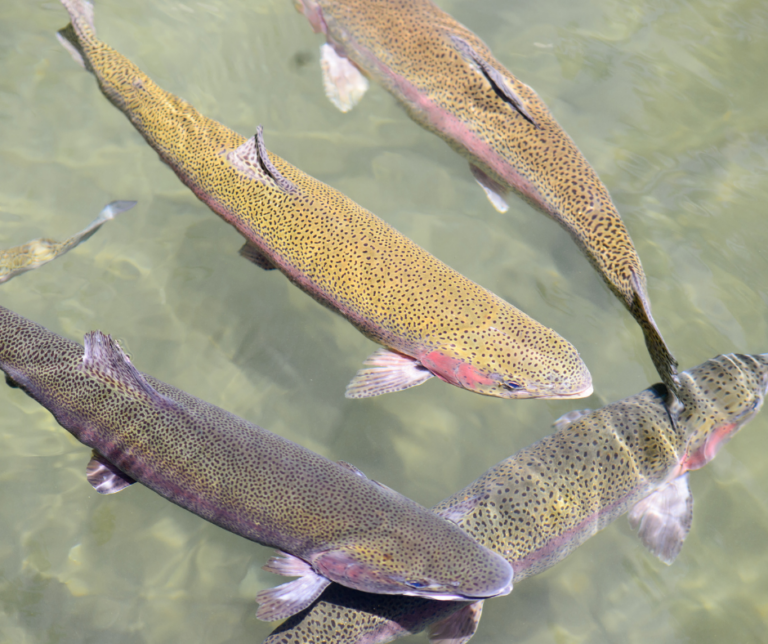Do Fish Sleep?
Many people wonder, “Do fish sleep?” Especially if they are active. Some species, such as the Spanish hogfish, seem to hover at the surface for prolonged periods of time. This is a good sign they are asleep. However, the most obvious reason for fish to sleep is because they don’t have eyelids, which means that they can wake up at any time. So, how do you tell if your fish is sleeping?
Thank you for reading this post, don't forget to subscribe!They Are Diurnal
Most fish are diurnal, meaning they are most active during the day. While they are asleep, their metabolism slows down and their eyes close, saving them from predators.
Do Fish Sleep and Snore?
Yes, fish can sleep, but the concept of sleep in fish is different from sleep in mammals. Fish don’t snore or move their body while sleeping. Their bodies are able to conserve energy by resting, so fish don’t snore. Their bodies also don’t have the same REM state as humans, so when they sleep, they’re just hovering motionless. They’re unable to swim or eat, so they are asleep.
The reason why you might think your fish is snoring might be related to the type of environment it lives in. Some species prefer a dark environment, which may result in them sleeping less. In caves, Mexican cavefish, for example, evolved to dwell in darkness, which has led to smaller eyes. As a result, they sleep less than sighted Mexican cavefish. Other fish, like catfish, use hiding spots to sleep.
While there’s no definitive evidence that fish snore, many species of fish have unique sleep habits. Some species of fish sleep during the day, while others sleep during the night. The difference in sleeping patterns between sexes can be huge, so it’s important to know the difference between sexes. If your fish is sleeping at night, they are likely to be more energetic. But if they’re awake during the day, they’ll be doing something else instead.
There are no scientific data regarding if fish sleep. While their sleeping patterns are not characterized by brainwave patterns, they appear to be awake and alert. This alertness may allow them to respond to threats in their environment more quickly. While they float, some say fish snore while sleeping. There are several different causes for the phenomenon, but the most common cause is a low energy level.
It is not scientifically known whether fish sleep or snore. The most likely cause is the absence of responsiveness. Depending on the species of fish, they can sleep while resting. During the day, they may nap, while at night, they will float on the surface of their water tank. Some species of fish can sleep while swimming! And the time of the day that a fish rests will depend on its overall health. The amount of energy in its body can affect the quality of its sleep.
How do fish sleep?
While we can’t tell if fish do sleep, it is possible that they do. Fish sleep by reducing their activity levels, lowering their metabolism, and becoming less responsive to stimuli. The way they sleep may vary from species to species, but one thing is for sure: they are still. If you want to know what they do during their rest periods, simply observe them. They are not moving around. They are laying on their side. And, of course, they’re not closing their eyes. They aren’t reacting to other stimuli like light.
Most fish appear to sleep when they’re resting. This means their metabolic rate will be lower than normal, their breathing will slow down, and they won’t respond to gentle stimuli. In fact, they can’t close their eyes, and the only way to disturb them is to stir the water. They don’t have eyelids, so they can’t close their eyes while they’re sleeping. Unlike humans, though, fish seem to be more alert while they sleep, which may help them react more quickly to threats in their environment. While they’re in this state, they are able to decrease their metabolic rate, which is a good thing, as it means they can concentrate on catching their prey.
Sleeping is a fundamental part of fish’s lives, but the way they sleep is very different from what we do in the real world. The human definition of sleep involves closing our eyes and turning off our neocortex. If you’re wondering if fish can actually sleep, you’ll find that they don’t react to any outside stimuli, but rather to other aspects of their daily life. In contrast, the human definition of sleep involves the bare minimum of activities. For example, if you’re a cave dweller, you’ll notice that they sleep a lot.
They Don’t Have Eyelids
There are several reasons why fish sleep. The reason is that they don’t have eyelids, which makes them incapable of shutting their eyes. Their eyelids also prevent them from breathing deeply. The brain doesn’t allow the fish to breathe during this period. A few other factors, such as water temperature, can affect how much they sleep. If fish can’t keep their eyes open, they’re not sleeping. It isn’t in REM, but a deep sleep, which is similar to that of a human.
If you’re a fan of the idea that fish sleep, you’ll be surprised to discover that most animals don’t sleep. They merely shut their eyes, and do not respond to gentle stimuli. Unlike mammals, they also don’t have a neocortex, so they don’t have eyelids. If you’re a lover of marine life, you’ll be surprised at how many species of fish don’t sleep.

They Don’t Need Rest
Besides sleeping, most animals need rest. When they sleep, they lie down and close their eyes. They don’t respond to gentle stimuli, such as vibrations, and don’t even respond to loud noise. Research shows that a high-quality, deep sleep is crucial for health. This is also important for the neuroplasticity of the brain, which is a process in which neurons regenerate and change. A fish that does not have eyelids, like a human, can’t experience REM sleep.
If you’re wondering whether fish sleep, you may be surprised to learn that they don’t actually have eyelids. This means that they can’t shut their eyes. This means that they can’t sleep at night. While they do require rest, fish sleep differently than humans do. Fortunately, they do not react to light, so their eyes don’t have to close. It’s more difficult to observe their behavior when the aquarium is dark.







